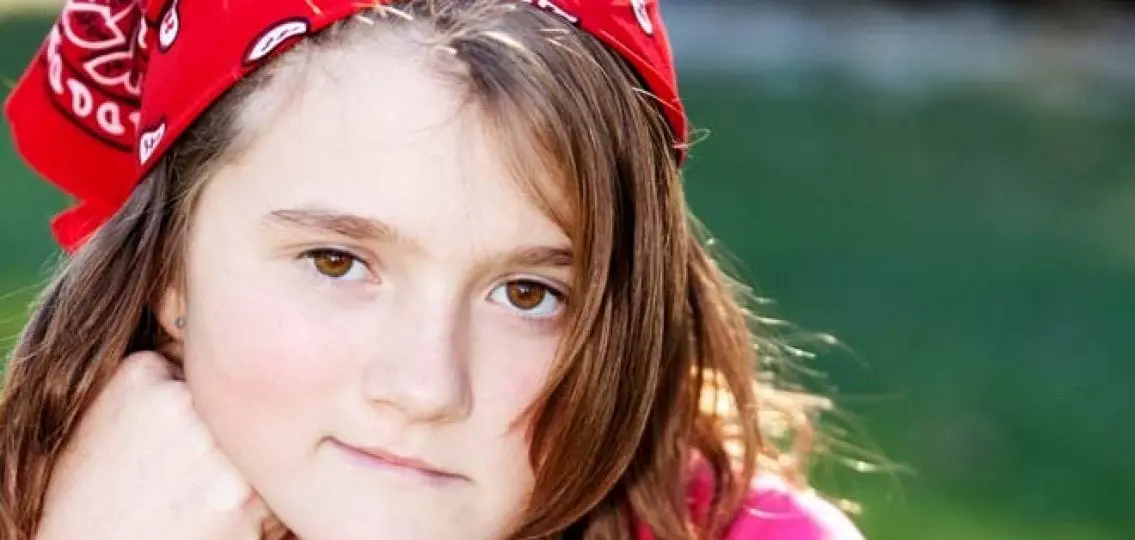Recently, my tween daughter returned home from a friend’s house. The two have been classmates for years but had only recently started hanging out together.

“Did you have fun?” I asked. “What did you guys do?”
“I had a blast,” she replied enthusiastically. “We jumped on her trampoline for most of the time, but I think she really wanted to play with her American Girl dolls.”
My almost-12-year-old daughter’s doll collection has been sitting on the top shelf of her closet collecting dust for the past three years. Her interests now include watching YouTube videos about crafts, makeup, and hairstyles, and hanging out with her friends.
“What did you say about the dolls?”
“Not much. I just kept saying that I never get to go on a trampoline, so we stayed outside. I wouldn’t mind changing a couple of outfits, but I didn’t want to play with them,” she responded.
The tween years are a time of odd mashups in interests that can be confusing for both kids and parents.
One minute your daughter wants to go shopping and to Starbucks, and the next she is behind closed doors having a tea party. Your son may not want you around his friends when you are out, but he loves showing you his latest Lego creation at home. Sometimes your tween kids are pushing for independence, and other times they snuggle up with you on the couch to watch cartoons.
The Push and Pull of Growing Up
According to Sheryl Gould, a parenting coach and founder of the National Organization of Moms of Tweens & Teens, it is normal for parents to experience a sadness about their children growing up, while at the same time worrying that they may not be maturing at the same speed as their peers.
“In a world where our kids are bombarded with cell phones, sexually charged music, mature-rated video games, TV shows, and social media, studies show that our kids are growing up faster than ever before,” says Gould. “There is a tension we must hold between helping them not grow up too fast and also supporting them as they move towards independence.”
“Each child develops at their own pace, and we need to allow them to hold on to those things that create feelings of safety for them.”
For many kids, the transition from childhood to adolescence can be difficult and destabilizing emotionally and cognitively, so returning to familiar activities and soothing objects can be reassuring.
How Parents Can Support the Transition to Adolescence
So, how should parents react when children still cling to their younger ways? The first step is to ask, “Why does this bother me so much?”
Michele Kambolis, clinical therapist and owner of Harbourside Family Counseling Centre in Vancouver, British Columbia, says, “Parents may worry that their child will be bullied. Or they might think that their immaturity is a sign of development delays or emotional struggles.”
But if your child isn’t concerned, for the most part, you shouldn’t worry, either. “Celebrate who they are,” says Kambolis. “While it’s always important to listen to your natural parenting instincts and check out any questions about overall development, in most cases children simply enjoy the activities of their childhood.”
Sometimes, however, immature behavior such as thumb-sucking or extraordinary attachments to babyhood objects (like blankies or other lovies) can indicate a more significant issue. Kambolis suggests taking the opportunity to check in with your child as they navigate the transition to teenager.
“Naming fear and simply talking about it openly is the most powerful tool we have to help our children integrate all the changes happening within their mind-body system. From there, they may give up their beloved childhood objects naturally, and begin to forge ahead into the teenage world,” says Kambolis.

Some young tweens will become more interested in their peers’ activities with a bit of gentle guidance from parents towards new interests. But don’t push too hard. Allowing your child to keep one foot in the door of their childhood while exploring other interests can provide a stable foundation that will support them through the teen years and beyond.




